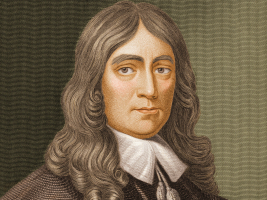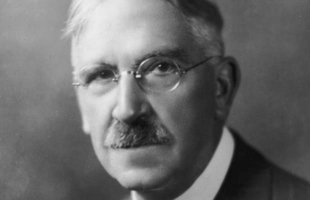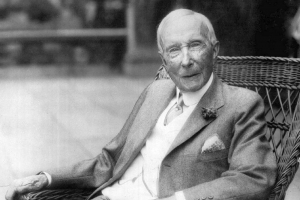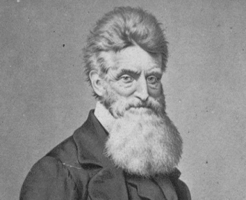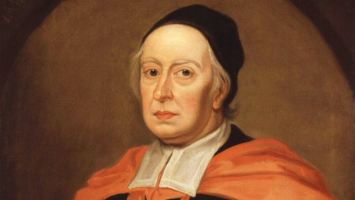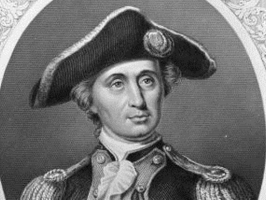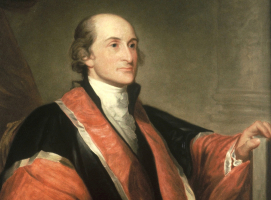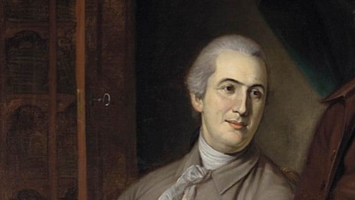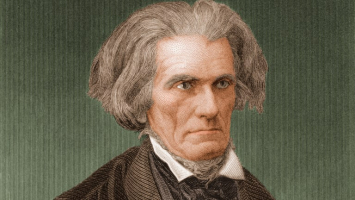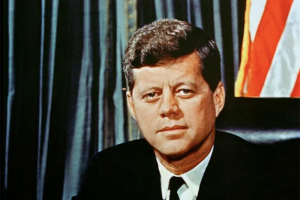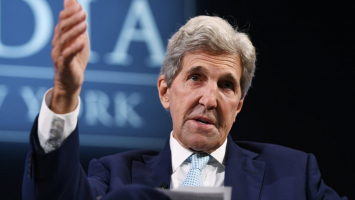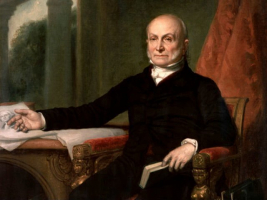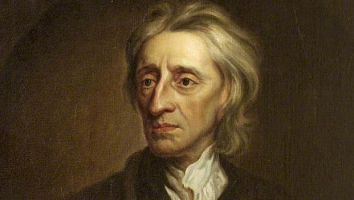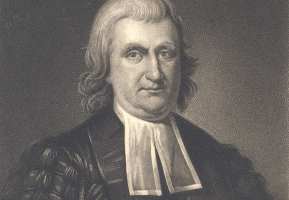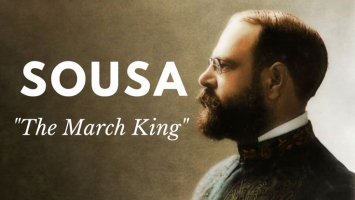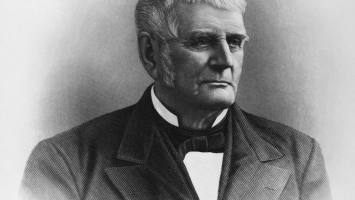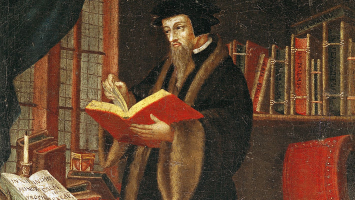Top 10 Interesting Facts about John Russell
John Russell, a prominent Victorian politician and the late 19th-century British Prime Minister, had a significant impact on British politics. He was ... read more...well-educated and from a distinguished family, which gave him a strong foundation for becoming the nation's leader. He has been branded in history as the head of the administration that "ruined" the Whig party, but he is most known for his government's ineffective reaction to the Irish Famine. Let's discover 10 interesting facts about John Russell.
-
Russell was the third child of John Russell and Georgiana Byng born on August 18, 1792, into the highest levels of British nobility. His father was the 6th Duke of Bedford. His mother was George Byng, daughter of 4th Viscount Torrington. The Russell family, one of the most wealthy and prominent aristocratic landowning families in England since the 17th century, was not anticipated to inherit the family properties because he was the younger son of the 6th Duke of Bedford. He was given the honorific title "Lord John Russell" as the younger son of a duke, although he was not a peer in his own right. So, until he was created an earl and promoted to the House of Lords in 1861, he was permitted to sit in the House of Commons.
Thus, he was born into a family known for its civic spirit. His unconventional schooling certainly had a large role in the depth of his liberalism. Russell was little and ill as a youngster because of his two-month preterm birth even in adulthood he remained under 5 feet 5 inches tall, and his small stature was frequently the butt of jokes by political opponents and caricaturists. He was taken away to school in 1801 when he was nine years old. His mother passed very shortly after that. Russell was taught by tutors, notably Edmund Cartwright, after being expelled from Westminster School in 1804 owing to illness. Young Russell first met Charles James Fox in 1806 when his father was appointed Lord Lieutenant of Ireland in the transient Ministry of All the Talents. Fox was Russell's first political idol and would always serve as an example for him. Because his health prevented him from enduring the rigors of an English public school, his father eventually sent him to the University of Edinburgh, where he soaked in a lot of Scottish philosophy. Russell resided with Professor John Playfair while attending the University of Edinburgh from 1809 to 1812, who managed his academic pursuits. He did not pursue a degree.
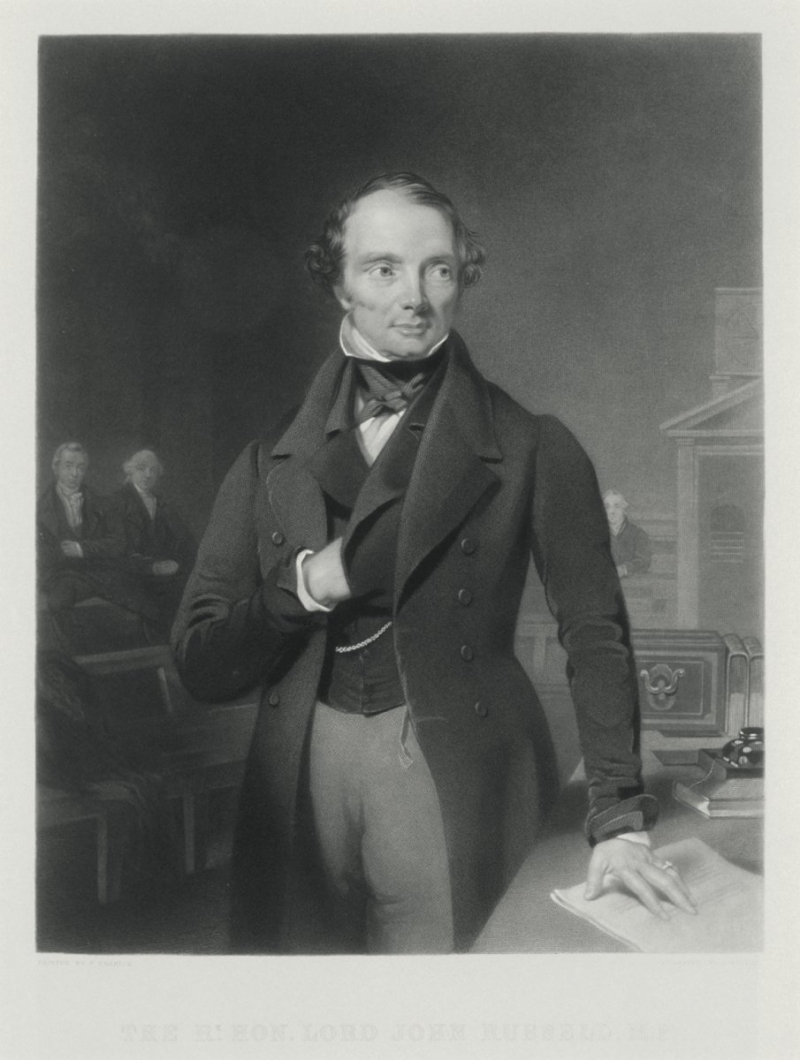
britton-images.com 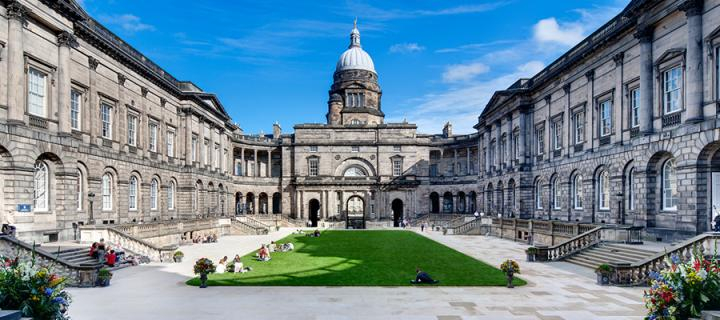
The University of Edinburgh -- en.wikipedia.org -
Russell traveled extensively throughout Britain and continental Europe despite frequently being in bad health, and in 1810 he was appointed Captain of the Bedfordshire Militia. He visited his older brother William, a soldier, on the Peninsula during the long summer vacation of 1810, and he saw the Cortes in action. In 1811, Professor Playfair led him on a tour of Birmingham, Liverpool, Manchester, Sheffield, and Leeds' industrial areas. He returned to Spain for a long period in 1812–1813 and saw the battlegrounds of Talavera and Barossa.
On Spain's last hill, Russell stood with his brother and looked across the border into France, where his grand trip would have started if not for the wars. One of the interesting facts about John Russell is that during his travels he met Napoleon. He set a ship for Italy in 1814, and on the eve of Christmas, he saw Napoleon privately on the island of Elba. While the former emperor was in exile on the island of Elba, they met for 90 minutes. When the conflicts were finally over in 1815, he left for Paris and continued to go to both France and Italy as frequently as he could for the rest of his life.
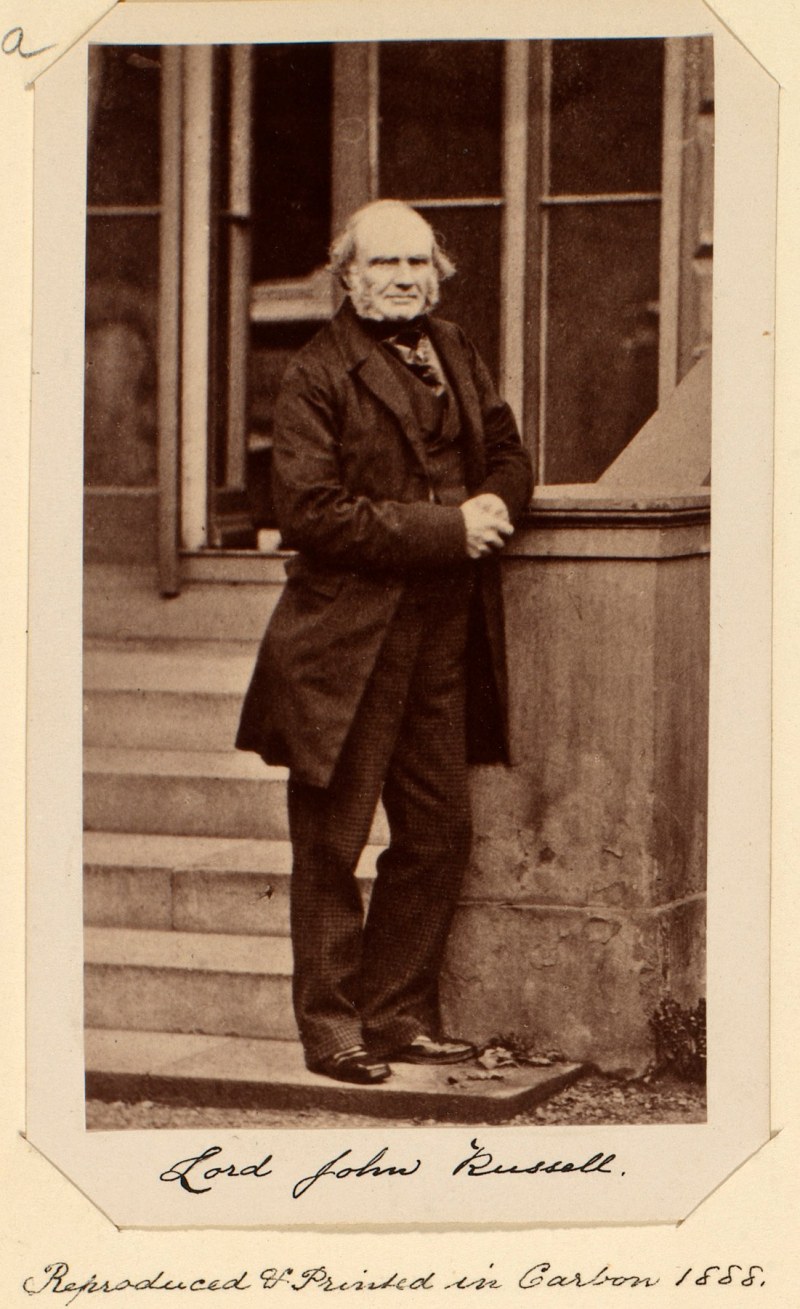
www.britannica.com 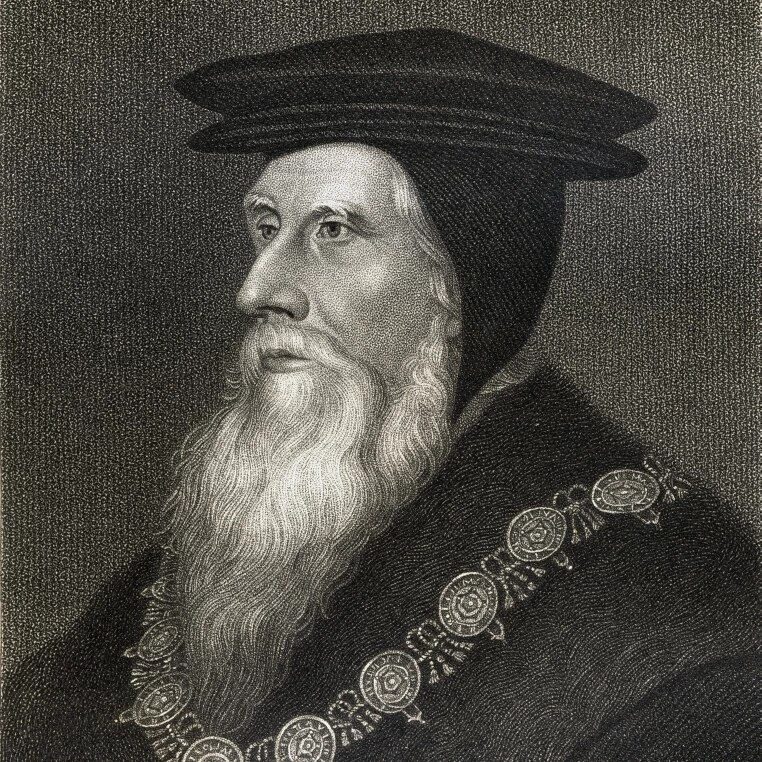
www.britannica.com -
John Russell didn't exactly make his political debut in the manner that you might anticipate from a seasoned politician, which is one of the interesting facts about John Russell. In 1813, when he was 20 years old, Russell was elected as a Whig to the House of Commons. The future reformer won the seat because his father, the Duke of Bedford, gave the about 30 voters in Tavistock instructions to elect him as an MP even though Russell was aboard and too young at the time. Russell entered politics less out of real political ambition and more out of a feeling of duty and family heritage. The Whigs had been out of power since 1783, except for the coalition government Russell's father had served in from 1806 to 1807, thus Russell could not have had any firm expectations for a future as a minister.
When he first took office as a congressman, Russell argued in the House of Commons in June 1815 that foreign nations had no right to impose their political preferences on France. He criticized the Bourbon Restoration and Britain's declaration of war against the freshly restored Napoleon. In 1817, he delivered his first significant speech—characteristically, a criticism of the government's decision to suspend the Habeas Corpus Act. Russell left Parliament in 1817 because he was sick of the idea of constant opposition. After taking a year off from politics to travel throughout Europe, he changed his mind and ran for Tavistock in the general election of 1818.
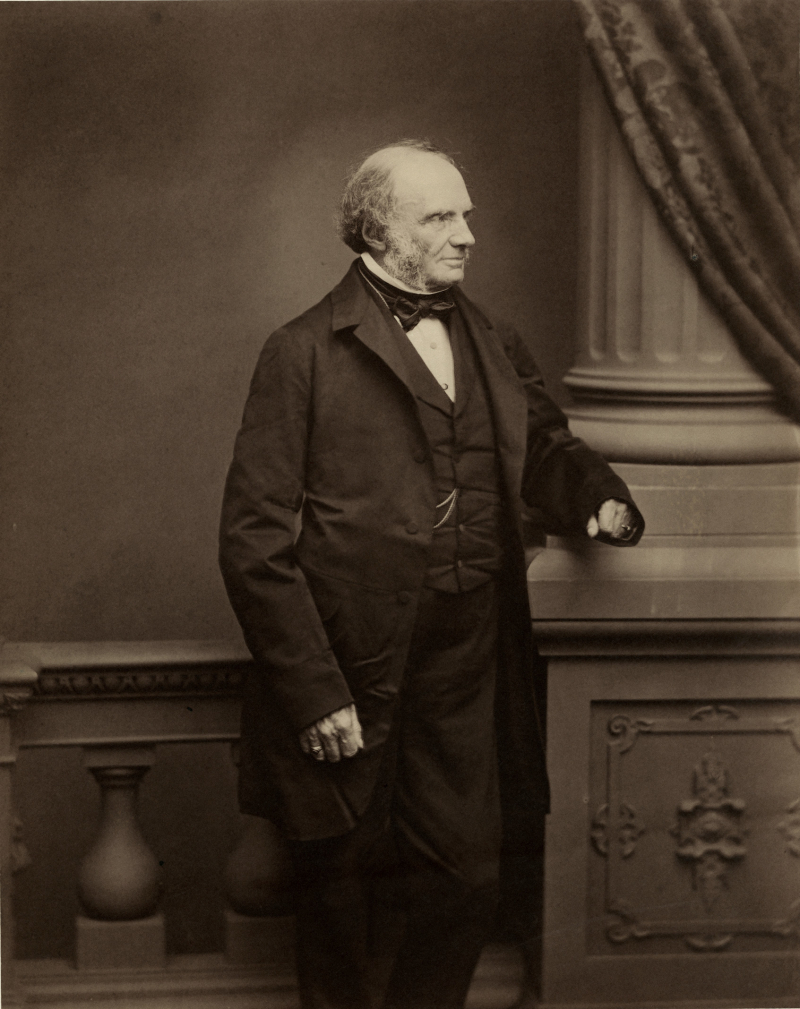
thereaderwiki.com 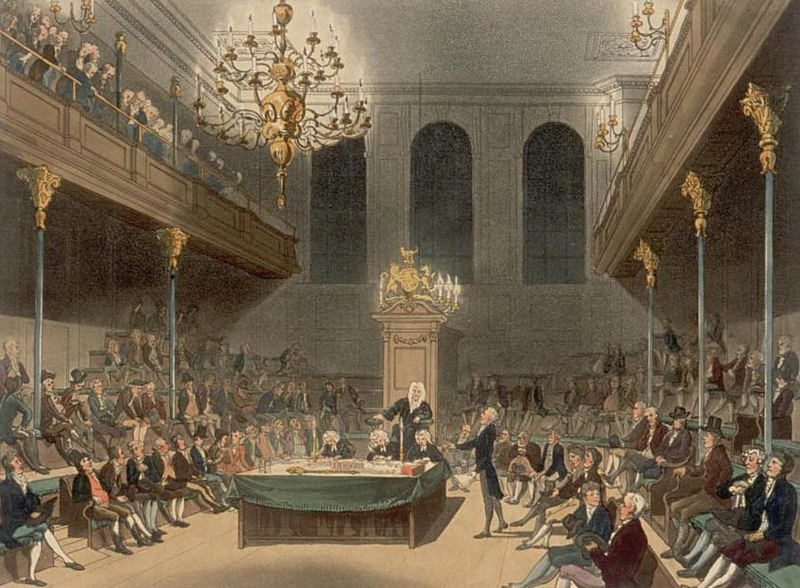
thereaderwiki.com -
One of the interesting facts about John Russell is that starting in 1819, Russell developed an interest in reforming Parliament and rose to the position of leader of the Whig party's reformist wing. He remained in this position throughout the whole 1820s, making legislative reform both his cause and the cause of the party. The Sacramental Test bill, which Russell submitted in 1828 while still a backbencher in the opposition, sought to end the ban on Catholics and Protestant dissidents being elected to local government and holding civil and military positions. Sir Robert Peel, the Tory home secretary, supported the legislation, which led to its passage into law.
Along with cabinet members Lord Durham, Lord Duncannon, and Sir James Graham, he was one of the four people Grey assigned to the committee to design the reform bill. Russell was chosen to propose the measure in March 1831 despite not yet being in the Cabinet, and over the next year, he successfully guided the Reform Act's challenging path through the Commons. The result is he was a key figure in the opposition to the Reform Act of 1832 and earned the moniker "Finality Jack" because he referred to it as a "final measure." Russell continued to attempt to reform the Whig party and steer it toward the new Liberal party under his immediate successor, William Gladstone, even though the working class saw him as hostile to any further reform. He gained national fame overnight.
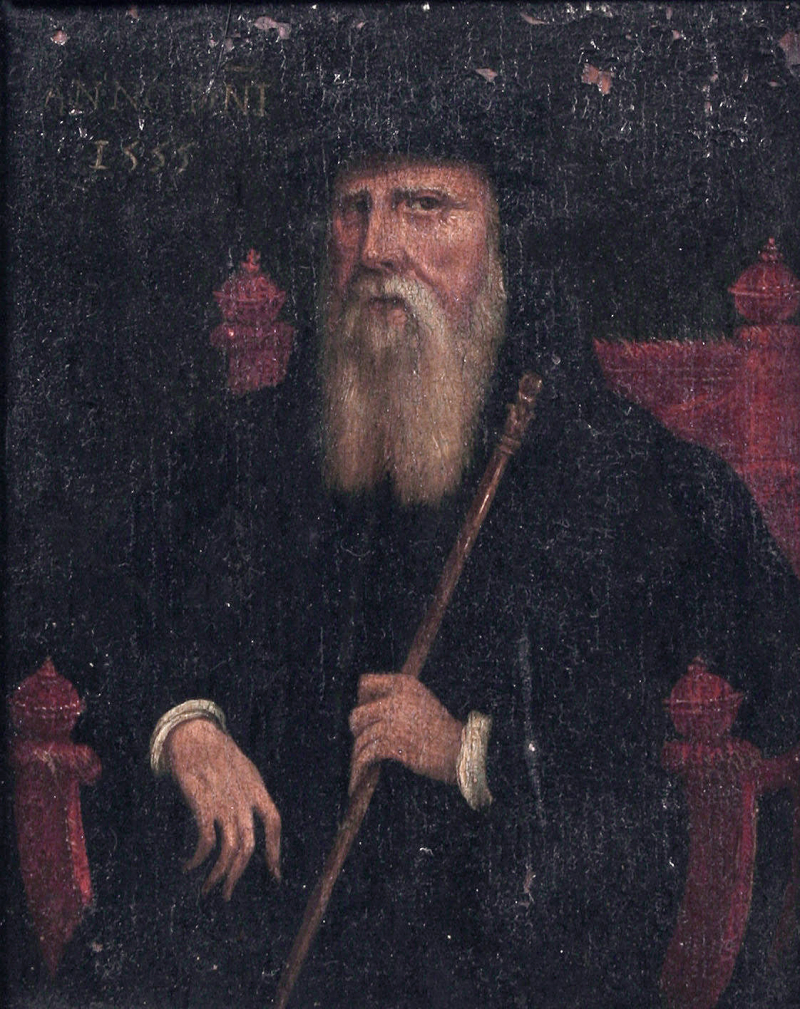
thereaderwiki.com 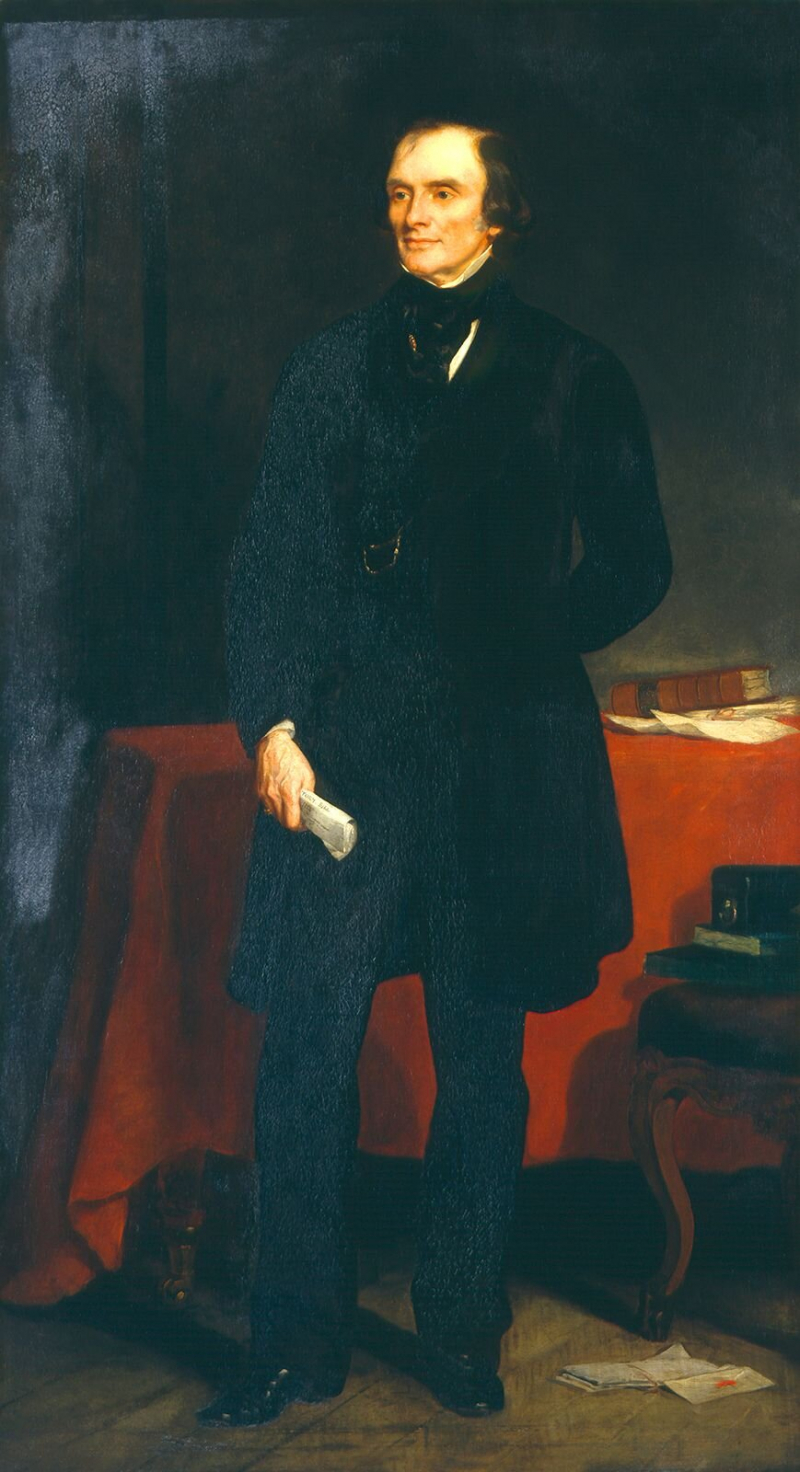
thereaderwiki.com -
Lord Palmerston, who was by far the most contentious member of Russell's cabinet during the latter's first term as Prime Minister, was another prominent Whig party politician of the period (1846-1852). Russell disagreed with Palmerston's sponsorship of the continental revolutions while he was Foreign Secretary. By undermining the Spanish court's intentions to wed the young Spanish Queen and her sister into the French royal line in 1847, Palmerston instigated a conflict with the French government. After the collapse of the French monarch in 1848, the fear of a French invasion, which had been perceived, lessened, and he argued with Russell over plans to expand the army and fleet.
The Don Pacifico case, in which Palmerston sought compensation from the Greek government for the ransacking and burning of David Pacifico's home, a Gibraltarian with a British passport, in 1850, led to additional hostility between the two. When Palmerston disobeyed some of Russell's instructions, the Prime Minister wrote to Palmerston informing him that he had informed the Queen that he "thought the interests of the country required that a change should take place at the Foreign Department." Russell thought the situation was "hardly worth the interposition of the British lion."
After Palmerston recognized Napoleon III's coup on December 2, 1851, without first consulting the Queen or Cabinet, Russell compelled Palmerston to quit as Foreign Secretary. Russell made an effort to fortify his ministry by enlisting prominent Peelites like Sir James Graham and the Duke of Newcastle, but they turned him down. In retaliation, Palmerston led the opposition in supporting the government's Militia Bill. Russell resigned as a result in 1852. The infamous "tit for tat with Johnny Russell" took place around this time.
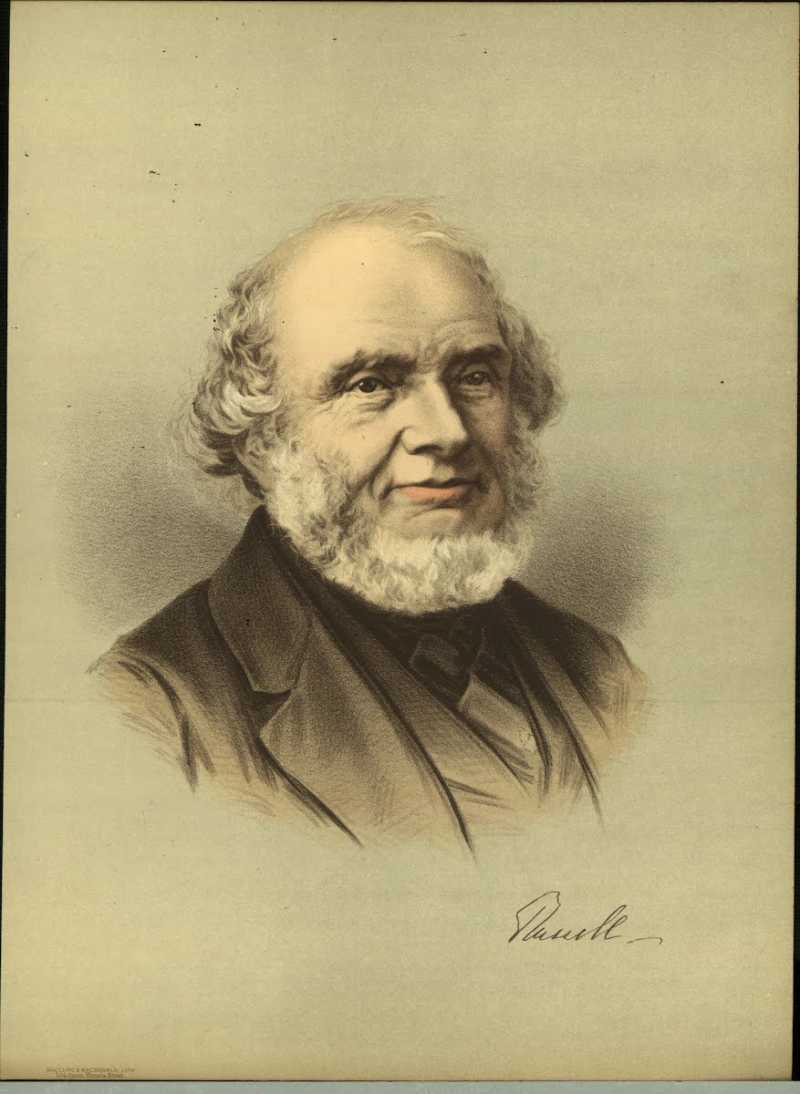
www.britannica.com 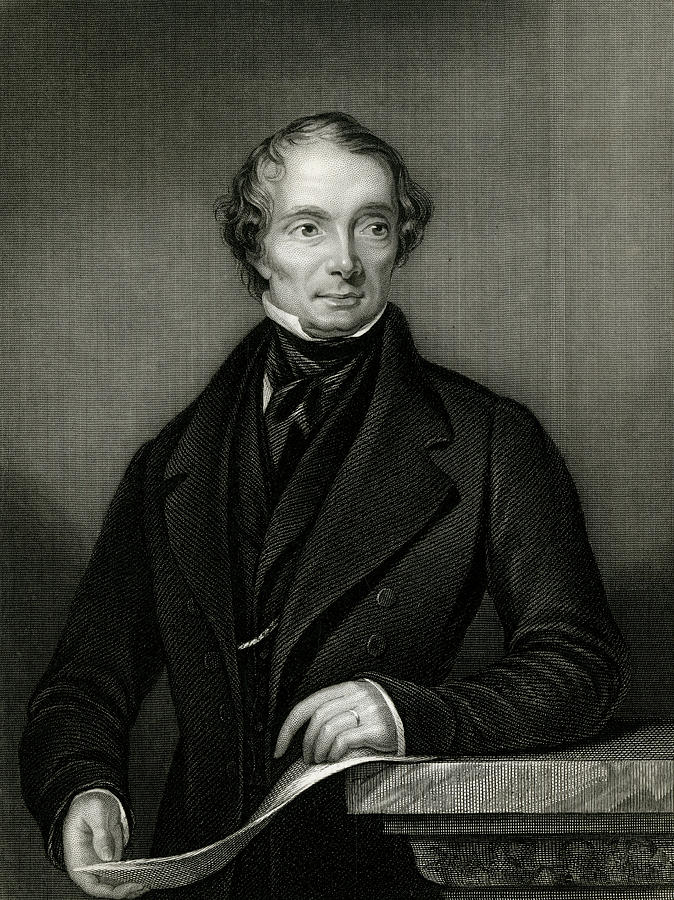
www.britannica.com -
The two men's antagonism became the main factor in the Aberdeen government's inability to adopt a clear foreign policy stance after 1852. Palmerston was chosen Home Secretary in the Lord Aberdeen administration, while Russell was named Foreign Secretary since he was the head of the coalition's largest party. Russell, together with Palmerston, backed the government's decision to take a tough stance against Russian territorial aspirations in the Ottoman Empire. The two chose to support France in defiance of the more circumspect members of government. This strategy ultimately led to Britain's entrance into the Crimean War in March 1854, an eventuality that the more cautious Aberdeen had sought to prevent. In the months that followed, Russell grew impatient with Aberdeen and the Secretary of State for Military, the Duke of Newcastle, for what he perceived to be their ineffective war leadership.
The army was reportedly experiencing supply shortages, inadequate housing, and inadequate access to medical care, according to dispatches from the front. Russell encouraged Aberdeen to replace Newcastle with Palmerston in November 1854 because he thought Palmerston would have a stronger hold on the war's planning, but his suggestions were rejected. Following a string of military failures, radical MP John Roebuck introduced a Commons resolution in January 1855 calling for the appointment of a select committee to look into how the war was managed. Russell withdrew from the government to abstain because he did not want to support a vote against an inquiry he felt was urgently needed. When the Roebuck motion succeeded by a vote of 305-148, Aberdeen resigned because he saw it as a rejection of his leadership.
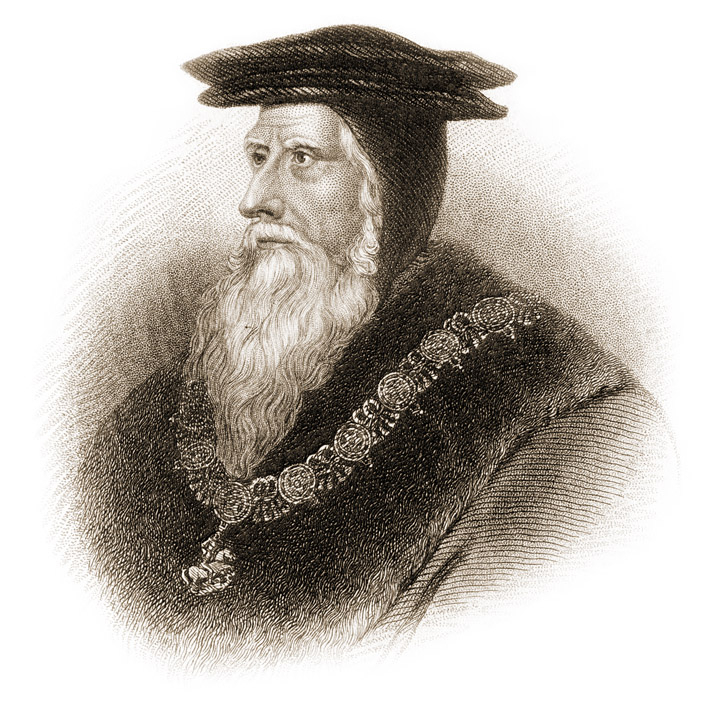
www.britannica.com 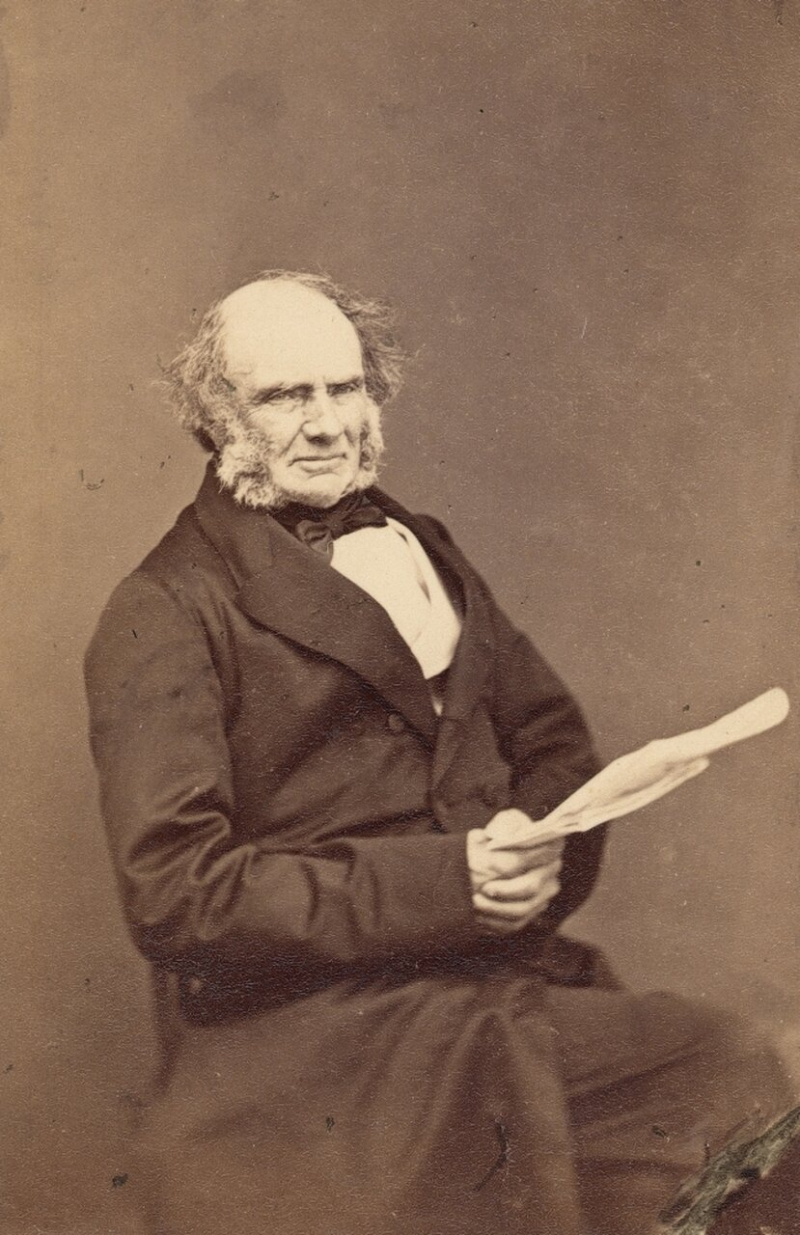
www.britannica.com -
Russell accepted the Queen's offer to form a new administration, but he was unable to get the requisite support because so many of his colleagues were upset with him for leaving Aberdeen because of the Roebuck motion. When Palmerston was elected prime minister, Russell reluctantly agreed to serve as his cabinet's Colonial Secretary. In July 1855, Russell left the government and went back to the backbenches after being dispatched to Vienna to negotiate peace terms with Russia but his suggestion was refused. Russell informed his father-in-law in a letter after resigning that he would never serve as prime minister again, under Palmerston or any other leader.
It seemed as though his front-bencher political career would be coming to an end for a while. Russell persisted in advocating from the opposition benches for the causes that most concerned him, including more government funding for education and relaxation of the property requirement for parliamentary elections. Early in 1857, Russell began to publicly criticize Palmerston's administration over the Second Opium War and the Anglo-Persian War.
However, following another brief Conservative administration in 1859, Palmerston and Russell were able to patch things up, and Russell agreed to take up the position of foreign secretary in a new Palmerston ministry—generally regarded as the first real Liberal cabinet, which is one of the interesting facts about John Russell. The Unification of Italy (the British government's shift to one more supportive of Italian nationalism played a significant role in this process), the American Civil War, and the 1864 conflict between Denmark and the German states over Schleswig-Holstein make this period one of the most eventful outside of Britain. Despite organizing the 1864 London Conference, Russell was unable to end the war. Because of the well-known telegram in which he advocated Italian unification, his time at the Foreign Office is notable.
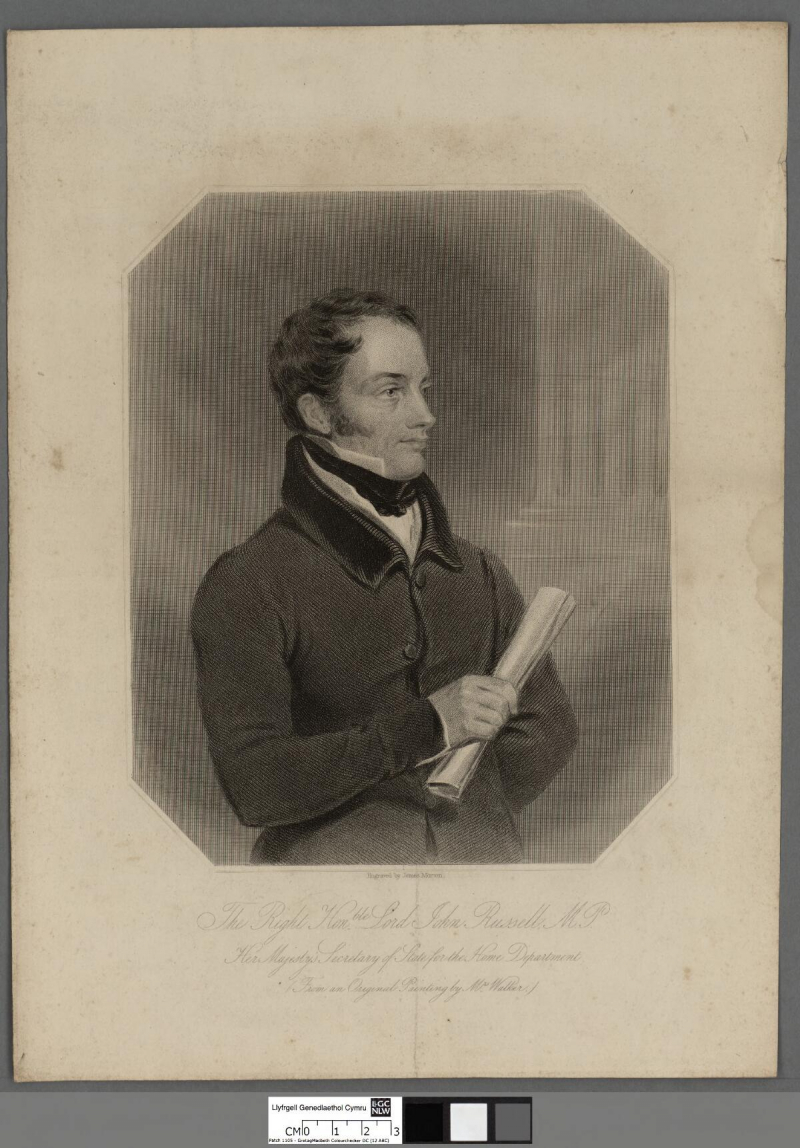
www.britannica.com 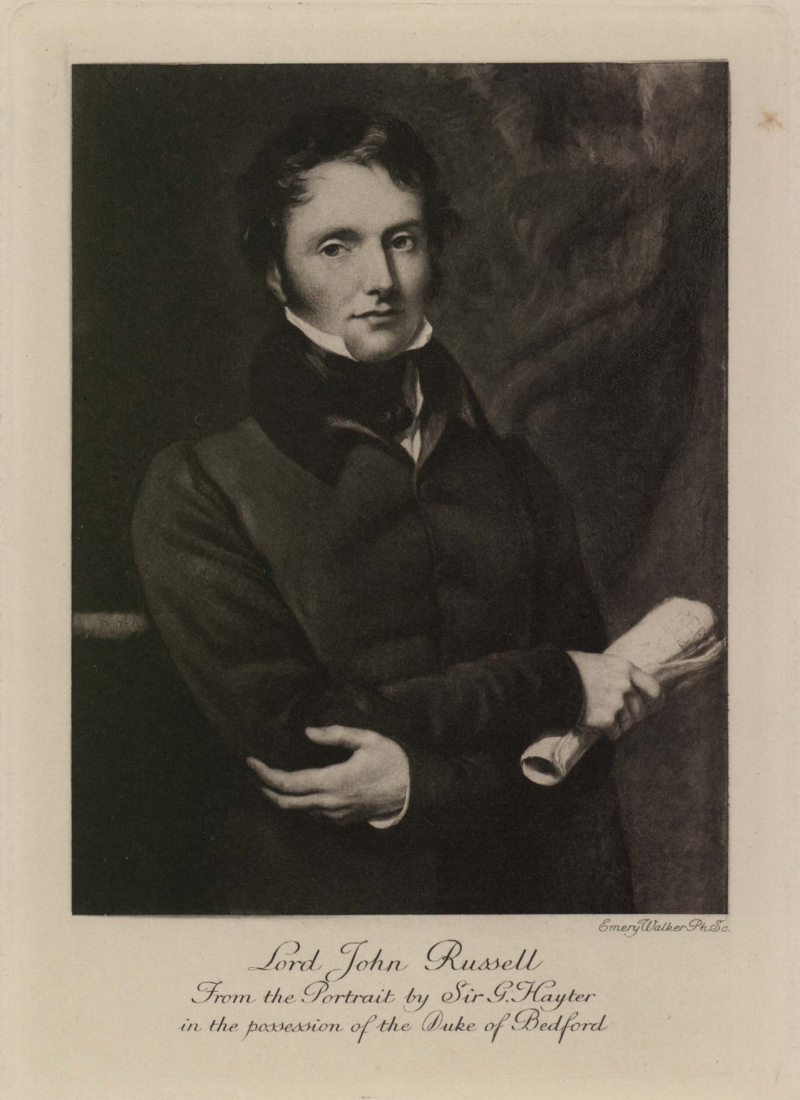
www.britannica.com -
Throughout his life, Russell authored a lot of books and articles, particularly when he wasn't in government. He mostly wrote on politics and history, but he also experimented with a wide range of other subjects and genres. As early as 1819, he had already released Life of Lord Russell, a book on his illustrious grandfather William Russell, 1st Duke of Bedford. Russell thus developed a passion for writing and released Essays and Sketches of Life and Character. The historical play Don Carlos: or, Persecution: A Tragedy, in Five Acts, was written by him in 1822 after he had switched to writing it.
This feeling intensified and changed into a desire for foreign conquest on the one hand, and weariness with social and political reform on the other. In such a setting, Russell was unavoidably eclipsed by the competent and well-liked Lord Palmerston. Russell did indeed resign from public life and dedicated a growing amount of his time to literature for four years, from 1855 to 1859. His private life as well as the life of a litterateur had always called to him. Few of the English prime ministers published as much as Russell did, including poetry, biography, and history. Additionally, he served as an editor for 8 volumes of Thomas Moore's Memoirs, Journal, and Correspondence.
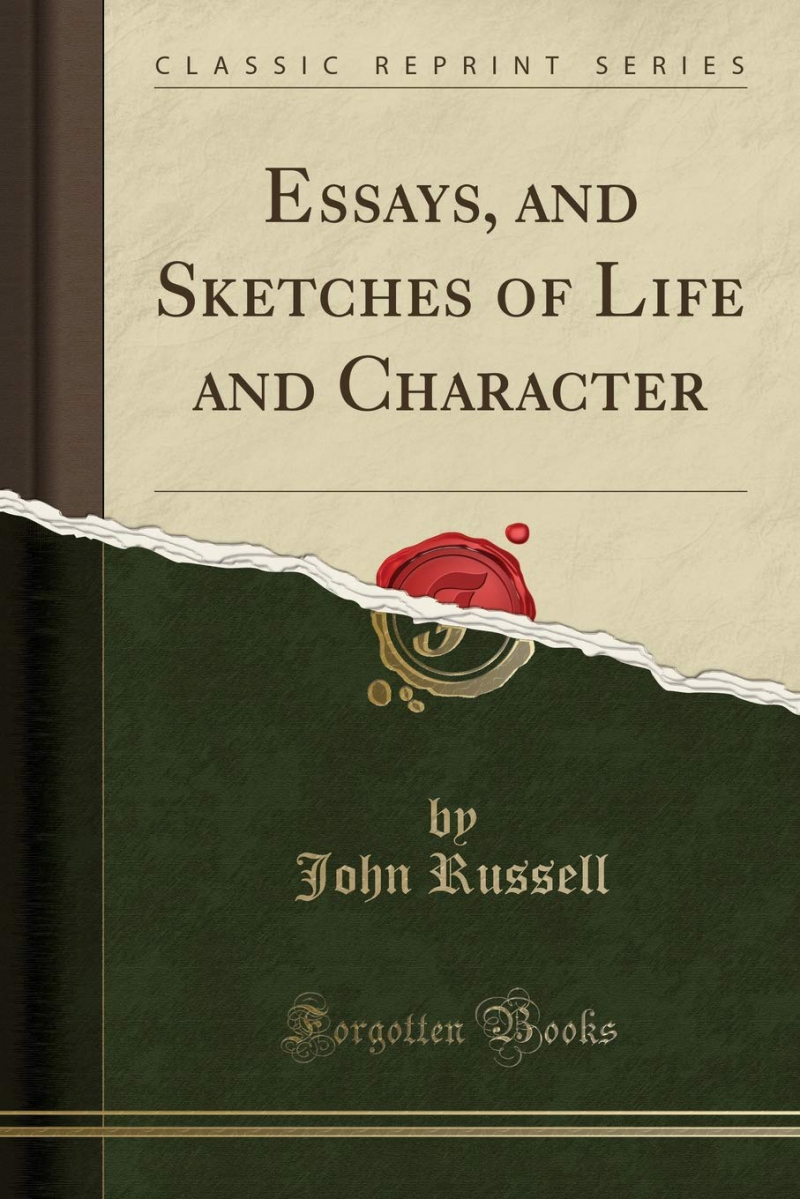
Essays and Sketches of Life and Character -- amazon.com 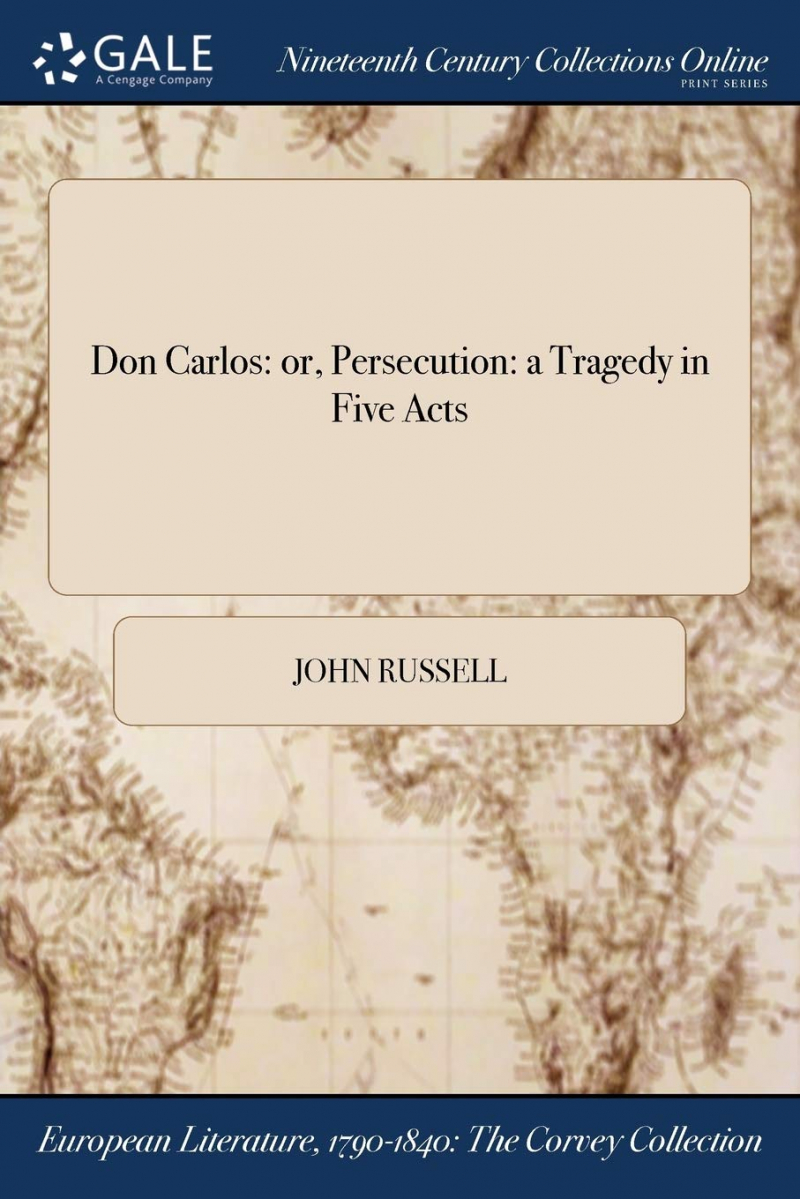
Don Carlos: or, Persecution: A Tragedy, in Five Acts -- amazon.com -
In the Peerage of the United Kingdom, Russell was elevated to the peerage in 1861 and given the titles of Earl Russell, of Kingston Russell in the County of Dorset, Viscount Amberley, of Amberley in the County of Gloucester, and Ardsalla in the County of Meath. For the rest of his career, he served in the House of Lords rather than just being addressed as "Lord" since he was a Duke's son. One of the interesting facts about John Russell is he once more took office as prime minister after Palmerston's unexpected death in late 1865. Russell's second term as premier was brief and difficult, and he was unable to realize his big goal of increasing the number of eligible voters—a job that would be left to his Conservative successors, Derby and Benjamin Disraeli. Again, party division toppled his administration in 1866. Russell didn't hold any offices ever again. He made his final House of Lords speech on August 3, 1875.
On May 28, 1878, Earl Russell passed away in his Pembroke Lodge mansion. Russell was given a public funeral and burial at Westminster Abbey by the Prime Minister, the Earl of Beaconsfield, but Countess Russell turned it down because her late husband wanted to be buried with his family and ancestors. In the "Bedford Chapel" of St. Michael's Church in Chenies, Buckinghamshire, he is laid to rest.
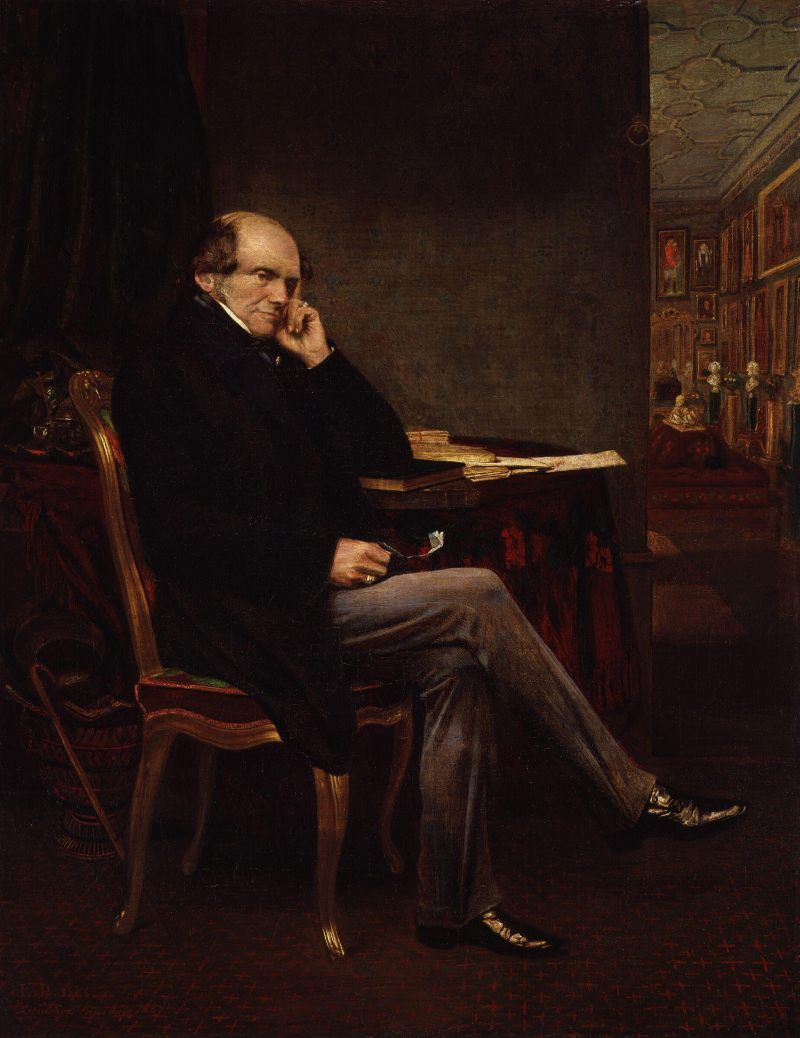
thereaderwiki.com 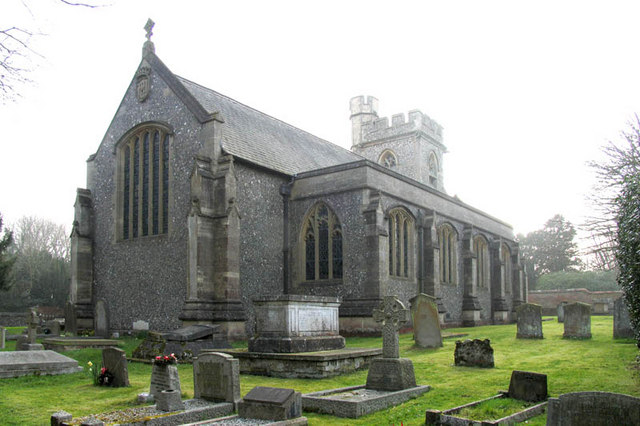
St. Michael's Church in Chenies -- en.wikipedia.org -
He was a descendant of one of the most powerful aristocratic families. But Russell was a key reformer who reduced the influence of the aristocracy. According to A. J. P. Taylor, his enormous accomplishments were the result of his tenacious struggles in Parliament throughout the years in favor of the growth of liberty; after each defeat, he fought again and again until eventually, his efforts were mainly successful. However, E. L. Woodward contended that he was over an abstract theorist: "He was more interested in removing restrictions on civil liberties than he was in establishing a more sensible and humane society. His political philosophy was centered on the 1688 Revolution and the group of aristocratic families to whom the nation owed allegiance in exchange for something like the chart octroyée of the reform law." — Woodward in 1962.
He was the final real Whig to hold the office of Prime Minister, former Peelite William Gladstone followed him as head of the Liberal Party. Russell's participation in the Aberdeen government affected Queen Victoria's opinion of him at the time of his death in 1878. He was described in her journal as "a man of many talents, who leaves a name behind him, kind, and good, with a great knowledge of the constitution, who behaved very well, on many trying occasions; but he was impulsive, very selfish, and often reckless and imprudent."
Besides, John Russell was the recipient of a special dedication in Charles Dickens' book A Tale of Two Cities: "in commemoration of numerous public deeds and individual kindnesses." In a public address, he also expressed his admiration for Russell, thanking him for his public service as well as "in his private capacity," which implies that they were close friends. Last but not least, Russell is the name of a public house on Marchmont Street in Bloomsbury, which is still largely under the control of the Bedford Estate.
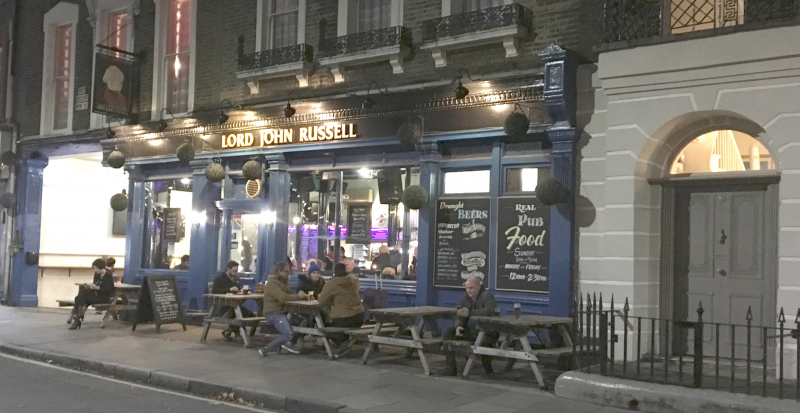
en.wikipedia.org 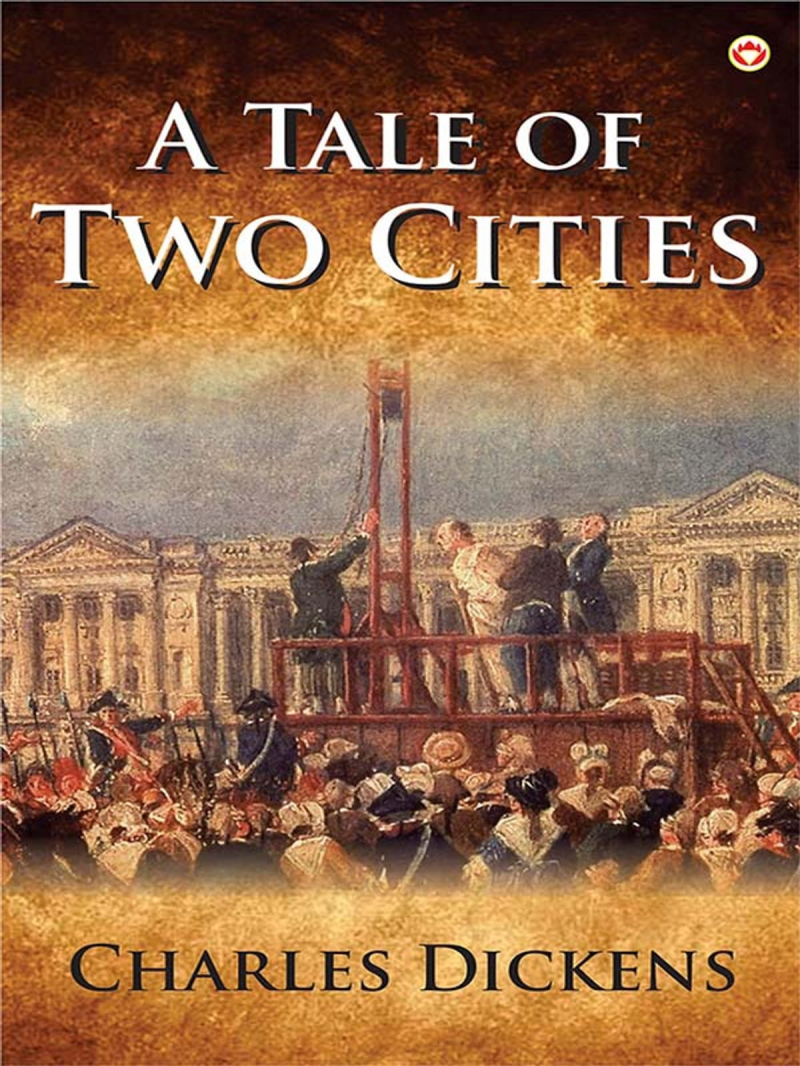
amazon.com













